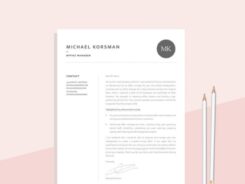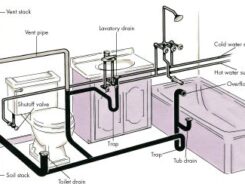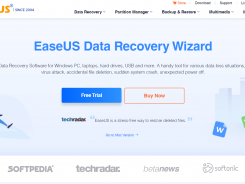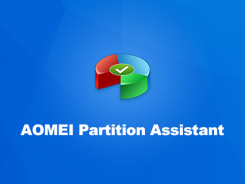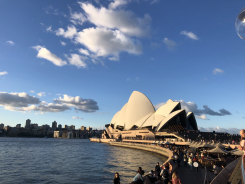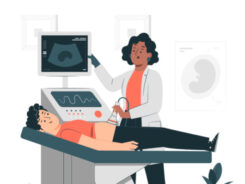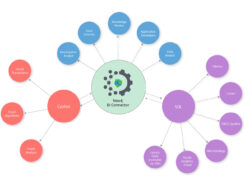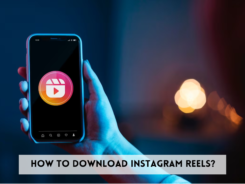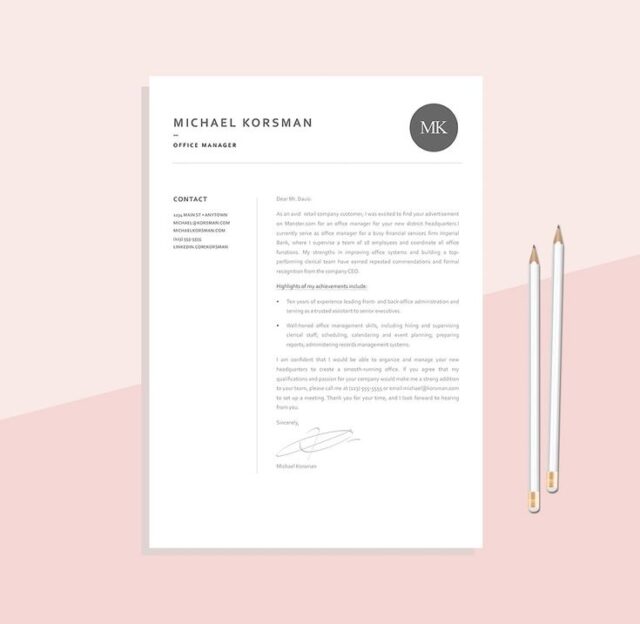A well-crafted cover letter can be your ticket to the job interview of your dreams. In this blog, we’ll delve into the essential steps of writing an impressive cover letter, along with some detailed examples to guide you through the process.
What the Experts Say
1. Start by listing your name and address
The beginning of your cover letter should contain your name and address, creating a clean and organized appearance. This not only provides your prospective employer with your contact information but also gives your application a professional touch.
Your name should be prominently displayed at the top of the page, in a font size slightly larger than the rest of the text, ensuring it’s the first thing the reader sees. Following your name, include your full address, email address, and phone number. This not only makes it easier for the employer to get in touch with you but also displays a high level of transparency and professionalism.
2. Include the date
Directly below your contact information, include the date. This serves to timestamp your application and helps the employer understand when you submitted your cover letter. It’s a simple but important detail that adds a sense of timeliness and organization to your application.
3. List the recipient’s name and address
Whenever possible, address your cover letter to a specific person, such as the hiring manager or HR representative. If the job posting includes contact information, use it to find out the recipient’s name and address.
Addressing your letter to a specific individual rather than using a generic salutation like “To Whom It May Concern” or “Dear Sir/Madam” shows that you’ve taken the time to research the company and personalize your application. It creates a more engaging and personable impression, which can significantly increase your chances of grabbing the employer’s attention.
4. Open with an introduction
Your introduction sets the tone for your cover letter. It should be formal, concise, and polite. Use a formal salutation such as “Dear Mr. Smith” or “Dear Hiring Manager” to begin your letter. Avoid using informal greetings like “Hey” or “Hi.”
By starting with a polite and professional introduction, you demonstrate respect and an understanding of business etiquette. This initial impression can set the stage for a positive reading experience, making it more likely that your application will be taken seriously.
5. Include an opening paragraph about your intent to apply
In your first paragraph, state your intent clearly and concisely. Mention the specific position you are applying for and where you found the job posting. This helps the employer quickly understand the purpose of your letter and where their job advertisement is having an impact.
For example, you can say, “I am writing to express my strong interest in the [Job Title] position at [Company Name], as advertised on [Job Board/Company Website].” This not only conveys your interest but also shows that you are applying for a specific role and not just sending out generic applications.
6. Write a second paragraph about your background
The second paragraph of your cover letter should provide a brief overview of your background and experience, emphasizing key skills and qualifications relevant to the job. This is your opportunity to showcase your suitability for the role and make a compelling case for why you are a strong candidate.
Highlight your relevant work experience, education, and any specific accomplishments that demonstrate your qualifications. Use this paragraph to provide a snapshot of your professional journey, making sure to align it with the requirements of the job you’re applying for. Be concise but impactful in describing your background.
7. Focus on another reason why you are qualified in the next paragraph
In the third paragraph, continue to build your case by focusing on another aspect of your qualifications that makes you an ideal fit for the position. It’s an opportunity to dive deeper into your background and provide specific examples of your skills and experiences.
Consider discussing your achievements, relevant projects, or any certifications that are particularly noteworthy for the role. The goal is to convince the reader that you not only meet the job’s requirements but also exceed them. Make your case compelling, and ensure the employer understands the value you bring to their organization.
8. Conclude with reasons why you are uniquely qualified
Your cover letter’s closing paragraph is your last chance to leave a lasting impression. In this section, summarize why you are uniquely qualified for the position. Emphasize the specific skills, experiences, or qualities that set you apart from other candidates.
Consider expressing your enthusiasm for the company and how you align with its values, mission, or culture. Show that you’ve done your research and genuinely want to contribute to the organization’s success. Conclude by expressing your eagerness for an interview to discuss how you can add value to their team.
9. End with your signature
The closing of your cover letter should be formal and professional. Use a courteous closing, such as “Sincerely,” followed by your signature. If you’re sending a digital cover letter, you can use a typed signature below your closing.
Your signature is a final touch that adds a personal element to your cover letter. It reinforces the formality and professionalism of your application.
Samples To Use When Writing A Cover Letter
Example 1: Administrative Assistant
Job Description
An administrative assistant plays a crucial role in managing office operations, scheduling meetings, and providing vital support to the team.
Qualifications
– Proficiency in the Microsoft Office Suite
– Exceptional organizational skills
– Strong communication abilities
Cover Letter
Dear Hiring Manager,
I am excited to apply for the administrative assistant position at your company, which I found on your website. With my proficiency in the Microsoft Office Suite, exceptional organizational skills, and strong communication abilities, I am confident in my ability to excel in this role. In my previous position at XYZ Company, I consistently met deadlines, managed office tasks efficiently, and facilitated smooth communication within the team.
I am eager to contribute my expertise to your organization and support your team’s success. Thank you for considering my application.
Sincerely,
[Your Name]
Example 2: Brand Copywriter
Job Description
As a brand copywriter, your role will involve creating engaging and persuasive content that resonates with our target audience.
Qualifications
– Exceptional writing and editing skills
– Creativity and a keen understanding of branding
– Proven experience in content marketing
Cover Letter
Dear [Recipient’s Name],
I am writing to express my interest in the brand copywriter position at [Company Name]. With my exceptional writing and editing skills, creativity, and proven experience in content marketing, I am confident in my ability to contribute to your brand’s success. I have a deep passion for crafting compelling stories that resonate with audiences and have successfully executed numerous content marketing campaigns.
I am excited about the opportunity to join your team and contribute to your brand’s growth. Thank you for considering my application.
Sincerely,
[Your Name]
Final Tips For Writing A Cover Letter
Writing a compelling cover letter can significantly improve your job application’s chances of success. Here are some final tips to consider:
– Keep it concise: Your cover letter should typically be limited to one page. Brevity is key; focus on the most relevant information.
– Tailor each cover letter: Customize your cover letter for each job application. Highlight the qualifications and skills that are most relevant to the specific job you’re applying for.
– Highlight your achievements: Don’t just list your qualifications; showcase your accomplishments. Use specific examples to demonstrate how your skills and experiences have led to success in previous roles.
– Proofread for errors: Carefully proofread your cover letter to ensure there are no grammar or spelling mistakes. Errors can make you appear careless or unprofessional.
– Professional tone: Maintain a professional and formal tone throughout your cover letter. Avoid using overly casual language or jargon.
In conclusion, a well-structured and thoughtfully written cover letter is a crucial component of your job application. It introduces you to prospective employers, highlights your qualifications, and demonstrates your enthusiasm for the position. By following expert advice and using the provided sample cover letters, you can create a compelling cover letter that sets you apart from the competition and helps you stand out in the job market. Good luck with your job search!
Frequently Asked Questions:
1. What is the purpose of a cover letter?
– A cover letter serves to introduce yourself to potential employers, showcase your qualifications, and express your interest in a specific job.
2. How long should a cover letter be?
– Ideally, a cover letter should be concise, typically one page. It should provide enough information to make a strong case for your candidacy without overwhelming the reader.
3. What should I include in my cover letter for a job application?
– Your cover letter should include your contact information, a salutation, an introduction, paragraphs highlighting your qualifications, and a closing with your signature. Tailor it to the specific job you’re applying for.
4. How can I make my cover letter stand out to employers?
– To make your cover letter stand out, customize it for each job application, highlight your relevant achievements, and demonstrate your enthusiasm for the company and position. Use specific examples to showcase your skills and experiences.
5. Should I follow a specific cover letter format?
– While there are common cover letter formats, it’s essential to customize your letter for the job you’re applying for. However, maintaining a professional structure, as outlined in this guide, is important for a strong cover letter.


